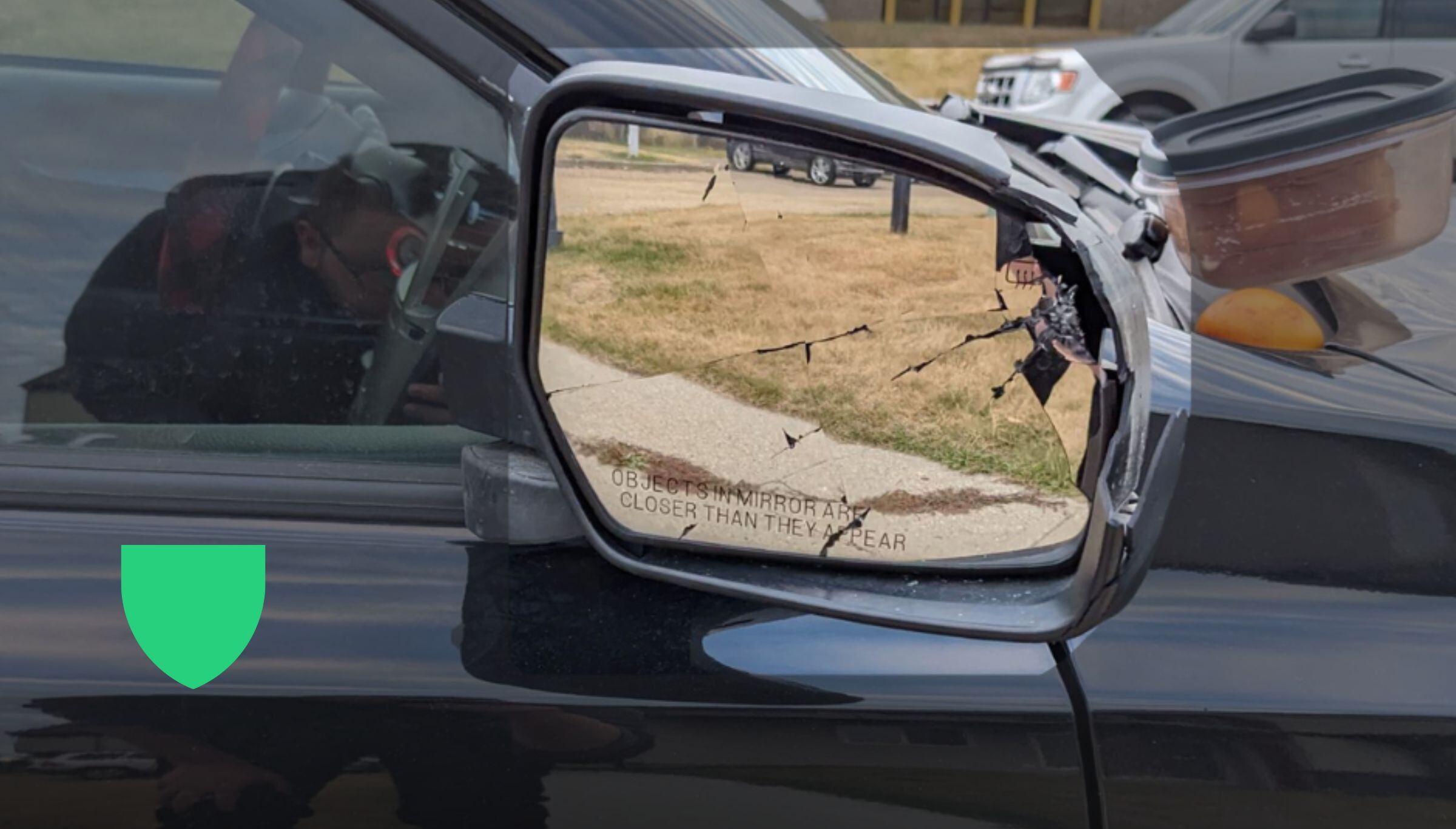When it comes to car insurance, most people are familiar with comprehensive and collision coverage to protect their vehicles while driving. What about times when your car is not on the road? Whether you're taking an extended vacation, working remotely, or simply not using your vehicle for a while, parking coverage can offer financial protection and peace of mind.
What is Parking Coverage?
Parking coverage is a cheaper option for your car insurance. That being said, the cheaper car insurance does come with considerable restrictions.
When you put a vehicle on parking coverage, you’re removing all of the liability coverage from your vehicle. This means that you are not legally able to drive this vehicle on public roads. Parking coverage acts as stand-alone comprehensive coverage on your vehicle. This coverage is designed to financially protect you from fire damage, vehicle theft, and vandalism.

Why Would I Put My Vehicle On Parking Insurance?
There are many reasons why one might consider putting their vehicle on parking coverage. Here are a few:
- Snowbirds or long-term travelers
- 2 vehicles (summer and winter vehicle)
- Working remotely
Of course, there are numerous reasons why someone might choose to put their vehicle on parking coverage. Parking coverage will financially protect you the same way that comprehensive coverage will.
Maintaining parking coverage is a good idea even if your vehicle is parked inside a garage or a shop. If there were to be a fire in the shop or garage, the property insurance would not cover the replacement of the vehicle. Parking coverage maintains protection on your vehicle in the event of a fire or other natural disaster.

Does it Matter Where I Park My Car While on Parking Coverage?
Depending on where you’re parking a vehicle, you may get a cheaper car insurance premium if you’re parking inside a private garage. If you’re parking in a driveway, above ground parking space, or street parking space, you may be at a higher risk group resulting in a slightly higher premium. With that being stated, parking coverage can be a very affordable option to maintain car insurance.
Even if your vehicle is parked in a safe place, it’s still a good idea to keep some form of insurance coverage on your vehicle to maintain a consistent insurance history. This can help keep your rates lower long term.

What Happens If Someone Hits My Car While It’s on Parking Coverage?
If the other driver is honest and takes responsibility, you may be able to claim damages through your own insurance company. If the other driver hit-and-run’s you, there is usually no coverage available to you. Talk to your broker if you’re the victim of a hit and run while on parking coverage.
It is recommended to keep your vehicle parked in an enclosed space such as a garage if at all possible.
What Happens If I Drive My Car While It’s on Parking Coverage?
If your vehicle is on parking coverage, and you’re caught driving, you can be in serious trouble. Since parking insurance doesn’t have liability coverage, it would be the same thing as driving without insurance.
If you’re caught driving without insurance in Alberta, you will face a fine of at least $3,000 up to $10,000 and you’ll get an automatic court appearance. Additionally, your vehicle will be towed and impounded.
If you were to be in an at-fault accident with only parking coverage, you are likely to face fines, lawsuits, and an insurance record which will make it incredibly difficult to regain insurance. You may also be at risk of jail time or other legal consequences.
The moral of the story: Don’t drive without liability coverage. That includes only having parking coverage.

How Do I Put My Car on Parking Coverage?
If you’re looking to put your car on parking coverage, all you need to do is talk to your broker. It may take until the next billing cycle to have your monthly payment changed, but your broker will be able to get you the right coverage for your needs.
It is important to note that changing your vehicle from standard coverage to parking coverage and vice versa on a regular basis can be flagged as a risk by your insurance provider. As a good practice, it’s a good idea to move your vehicle onto parking insurance no more than twice annually.
Conclusion
Parking coverage can be an excellent and affordable way to maintain some level of coverage on a vehicle while you’re not using it. It is paramount that you do not drive a vehicle that is on parking coverage at risk of serious consequences. Talk to your broker about your options before putting your vehicle on parking coverage to ensure it’s the right decision for you.
If you need help with your car insurance, give us a call.







